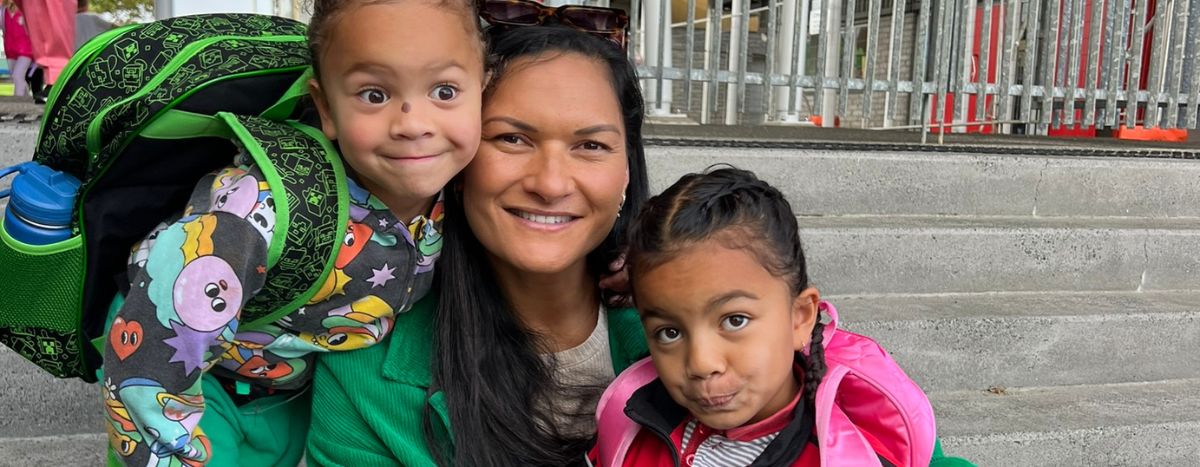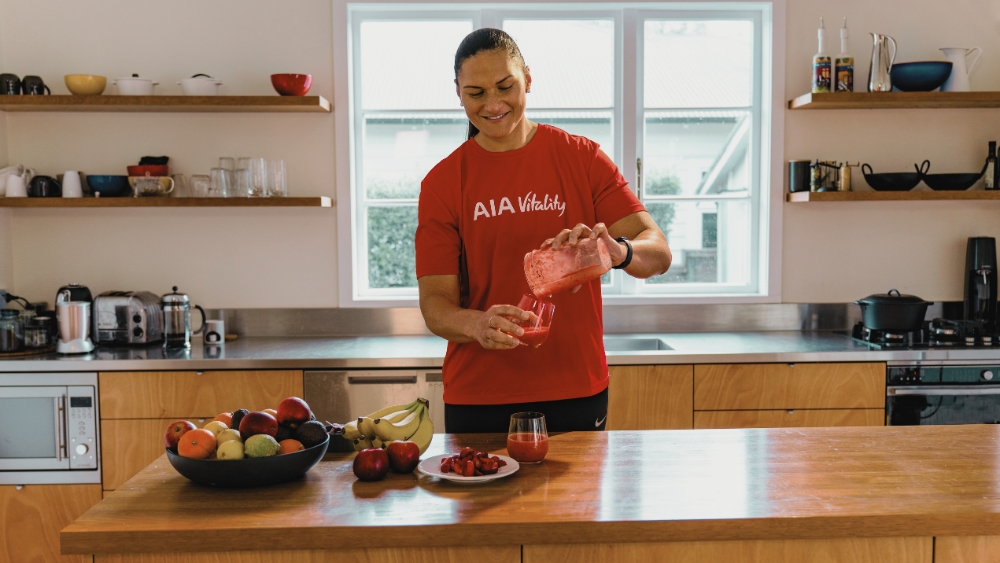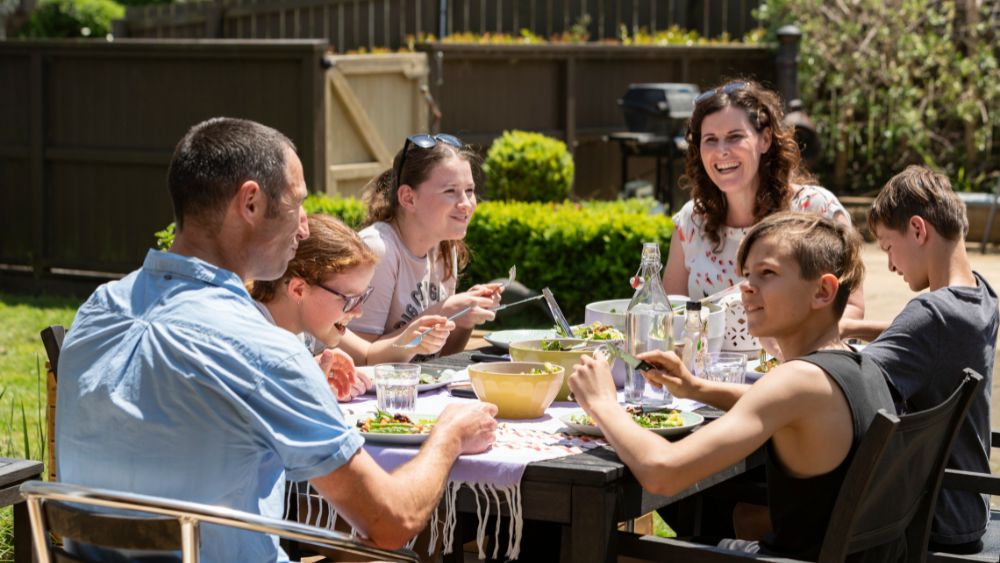Autism is a neurodevelopmental condition that affects around 93,000 New Zealanders1. It influences how individuals perceive the world and interact with others, with a range of traits that span a wide spectrum. People living with autism often experience sensory processing differences, making the world seem louder, brighter, and more overstimulating than for others. This can transform everyday activities such as attending school, going to the supermarket, or working in an office into an overwhelming experience2.
April is Autism Awareness Month, a time dedicated to promoting the understanding and acceptance of Autism Spectrum Disorder (ASD). In the spirit of raising awareness, Dame Valerie has shared her approach to parenting a child with autism, and her perspective on neurodiversity.
Understanding and accepting neurodiversity
Coming to terms with Kimoana’s autism diagnosis was a journey of discovery for me. As a mother, I noticed early signs like her walking on her toes and language delay, which prompted me to seek a diagnosis. Autism affects every individual differently, and one of my first learnings was how important it is to dig deep and learn more about autism. By better understanding how the condition showed up for Kimoana, I could put practical things in place to support her.
In many communities, including the Pacific Island community, there’s a reluctance to label children with conditions like autism. But it’s not about labelling; it’s about acknowledging their unique abilities and challenges so that we can make sure they have the help they need.
At the very beginning of our journey, I quickly realised that Kimoana needed additional support with her speech, and finding a great speech and occupational therapist was one way I could help her. For me, it wasn’t just about identifying these needs, but actively seeking out the resources to address them.
There were small changes we could make that made a real difference for Kimoana. We discovered a small trampoline could help her release those feelings of stress and anxiety, which has been so helpful. I also enrolled Kimoana in gymnastics and athletics, activities known to help with releasing those ‘big feelings’. One of the most important things we can do as a parent is to provide the necessary tools to help our children cope and thrive.
Adapting parenting techniques
Kimoana’s diagnosis made me rethink my approach to parenting. I’ve learned that simple is better, using less words is more effective, and involving her in planning activities helps to manage her expectations. I’ve had to adapt my parenting style to suit Kimoana’s needs, which are very different to that of my son, Tava.
I have found that using visual aids and keeping a consistent routine works well for Kimoana. I’ve also learned to celebrate her achievements no matter how small they may seem to others.
One of our big goals last year was for Kimoana to write her name. When she achieved this, I made sure we celebrated in a big way to acknowledge the hard work and effort behind this milestone. It's all about celebrating those wins that mean something to you and forgetting about what anybody else thinks because they don’t know how hard you’ve worked to get here. This was Kimoana's win, and it deserved a celebration that was all about her.
Balancing professional commitments and parenting
Balancing my professional commitments as an elite athlete with the unique challenges of raising a child on the autism spectrum requires a strong support network. Children with ASD need routine more than anybody else, and everyone involved in Kimoana’s care understands this.
Being a professional athlete has equipped me with tools that I’ve found useful in managing Kimoana’s needs. I’ve learned to be flexible and adapt to different situations, much like how I handle my athletic career.
One example is our approach to homework. I discovered that giving Kimoana homework right after school was problematic because she would already be tapped out from the day. Instead, we found working on homework in the morning when Kimoana is fresh worked better.
Encouraging inclusivity in sports
The sports industry can do more to accommodate and support neurodiverse athletes and their families. There should be increased education and awareness about neurodiversity, and efforts should be made to make neurodiverse athletes feel included. Coaches and trainers should be made aware of the needs of neurodiverse athletes to better cater for them.
My journey as a mother parenting a neurodiverse child has been both challenging and rewarding. It has taught me resilience, empathy, and the importance of celebrating diversity. My hope is that by sharing my experiences, I can inspire other parents and contribute to building a more understanding and inclusive society.






